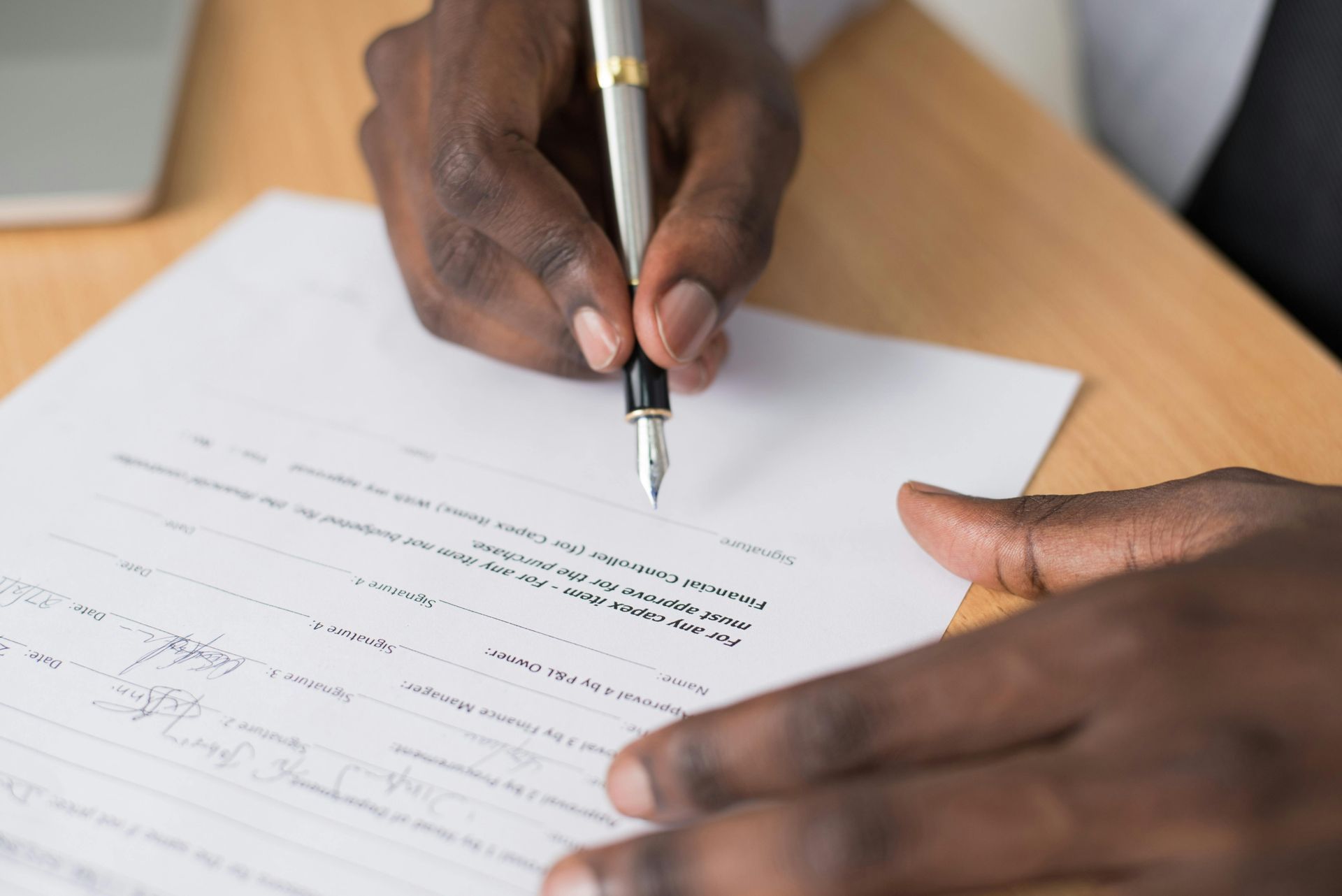The Ultimate Guide to Event Insurance: Everything You Need to Know
Introduction
Planning an event can be exciting, but it also comes with its fair share of risks. There is always the possibility that something could go wrong and cause damage or injury, which is why it's important to consider event insurance. Event insurance is designed to protect you and your guests from unforeseen circumstances, and it can provide you with peace of mind while you're planning your event. In this ultimate guide to event insurance, we'll take a closer look at everything you need to know to make informed decisions about event insurance.
What is Event Insurance?
Event insurance is a type of insurance that is designed to protect event planners, hosts, and attendees from unforeseen events that could result in financial loss or liability. This type of insurance can cover a wide range of events, including weddings, corporate events, festivals, concerts, and more.
What Does Event Insurance Cover?
Event insurance can cover a range of scenarios, including cancellation, postponement, or interruption of the event due to unforeseen circumstances. It can also cover property damage, bodily injury, and other forms of liability.
Cancellation and Postponement
One of the most common reasons people purchase event insurance is to protect against cancellation or postponement due to unforeseen circumstances. This can include weather-related issues such as hurricanes or tornadoes, natural disasters like earthquakes, or even unexpected illness or death of a key participant.
When you purchase event insurance, it's important to read the policy carefully to ensure that you understand what is and is not covered. Some policies may not cover cancellation or postponement due to pre-existing conditions or other factors, so it's important to be aware of the policy limitations.
Property Damage
Event insurance can also protect against property damage, which can occur due to accidents, vandalism, or other unforeseen events. This type of coverage can provide reimbursement for the cost of repairs or replacement of damaged property.
Liability
Another important aspect of event insurance is liability coverage. This can protect you in the event that someone is injured or suffers property damage as a result of your event. Liability coverage can provide financial protection in the event of a lawsuit or other legal action.
Types of Event Insurance
There are several different types of event insurance, each designed to provide specific types of coverage. Some of the most common types of event insurance include:
- Event Cancellation Insurance - This type of insurance provides coverage in the event that the event must be cancelled or postponed due to unforeseen circumstances.
- Liability Insurance - This type of insurance provides coverage for bodily injury or property damage that occurs as a result of your event.
- Property Damage Insurance - This type of insurance provides coverage for damage to property that occurs during your event.
- Weather Insurance - This type of insurance provides coverage in the event that your event is cancelled or postponed due to inclement weather.
- Liquor Liability Insurance - This type of insurance provides coverage in the event that someone is injured or suffers property damage as a result of alcohol consumption at your event.
How to Purchase Event Insurance
When purchasing event insurance, it's important to shop around and compare policies from different insurance providers. You should also read the policy carefully to ensure that you understand the coverage and any limitations or exclusions.
In many cases, event insurance can be purchased online or through an insurance agent. It's important to provide accurate information about your event to ensure that you are getting the right coverage.
Conclusion
Event insurance can provide valuable protection for event planners, hosts, and attendees. Whether you're planning a wedding, corporate event, or other type of event, event insurance can help protect you from unforeseen circumstances that could result in financial loss or liability. By understanding the different types of event insurance and shopping around for the right policy, you can ensure that you have the right coverage in place for your event.











